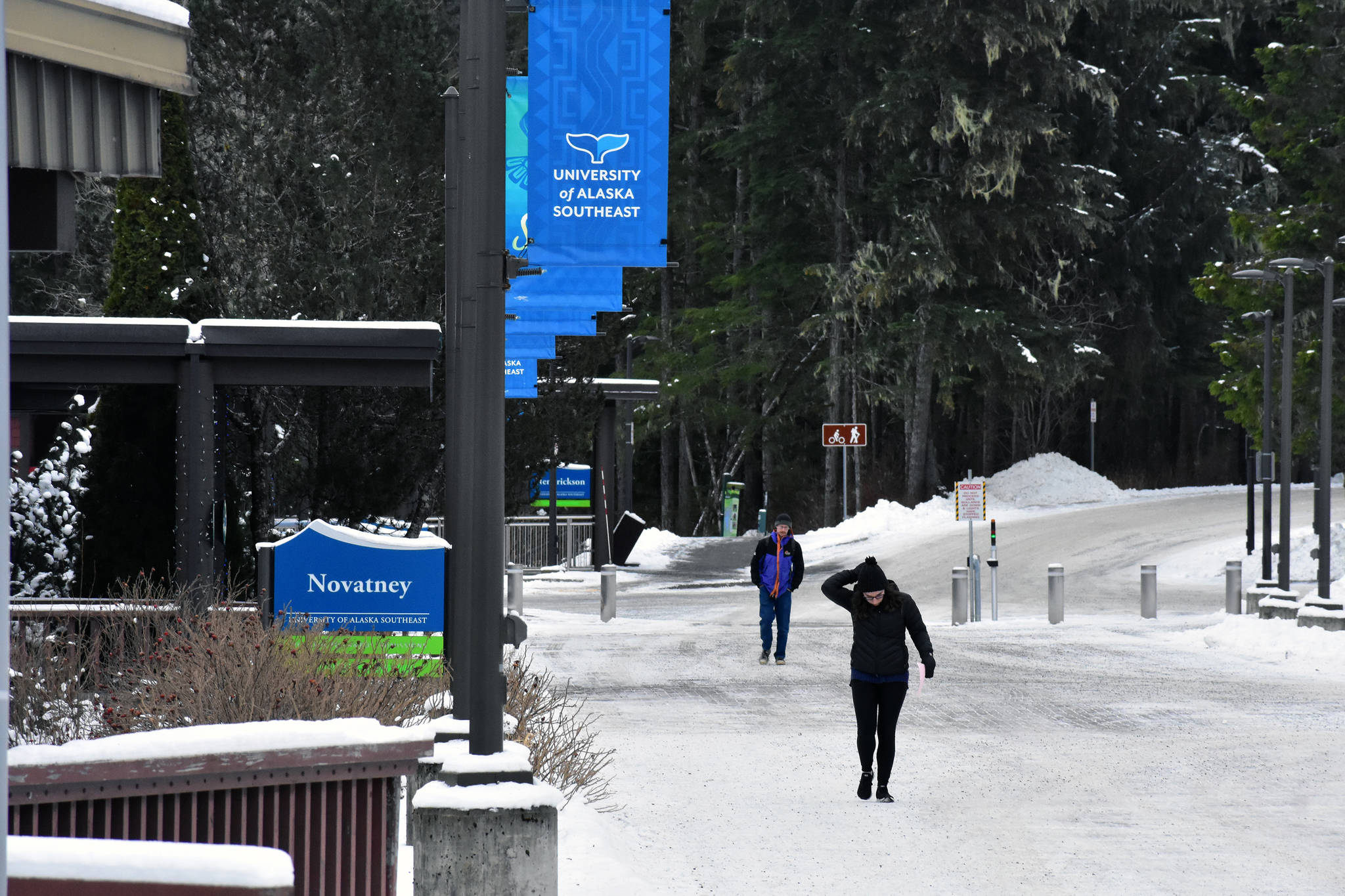By Michael S. Lockett
Juneau Empire
University of Alaska Southeast, along with other schools in the University of Alaska system, is looking at increasing tuition by 5% starting the fall 2020 semester.
The tuition increase, discussed at a Friday Board of Regents meeting, was brought on by drastic cuts to the state’s funding of the UA college system. The increase will generate between $375,000 and $500,000 for UAS, said university chancellor Rick Caulfield.
The 5% increase only applies to resident undergraduate students. The proposed tuition hike will cost a student taking 15 hours per semester roughly $400 more per year. The increase in cost per credit hour for a lower division course, or a freshman and sophomore level course, will go from $223 to $234. For an upper division course, it will go from $269 to $282.
Caulfield noted that only three students participated in a meeting that was set up for students to speak with university officials about the matter.
University chancellors also discussed their process for funding cuts for their respective universities during the meeting.
“Even if we’re gonna be smaller, we’re going to maintain quality in the programs we do have,” Caulfield said in a phone interview. “We do our best to stay away from across-the-board cuts.”
UAS’ strength lies in its teacher education track, marine biology and science programs, and in interdisciplinary programs, Caulfield said. UAS will also continue to focus on mining and maritime-oriented vocational training, as well as some other smaller programs that are central to UAS’ identity.
“Those are all programs that produce graduates that have the opportunity to go to work in Southeast Alaska,” Caulfield said. “There are programs that have smaller enrollments that are nevertheless critical to our mission at UAS. We want to continue to support the language programs and the Northwest art programs so they continue producing excellent graduates.”
To help with increased costs, Caulfield proposed, UAS will be taking a number of steps, including providing a 25% discount on occupational endorsement classes. The university will also be attempting to maximize financial support for students who have completed their FAFSA, taking 15 credits or more with the “Stay on Track” initiative, and for students who don’t qualify for Pell Grants.
• Contact reporter Michael S. Lockett at 757-621-1197 or mlockett@juneauempire.com.


